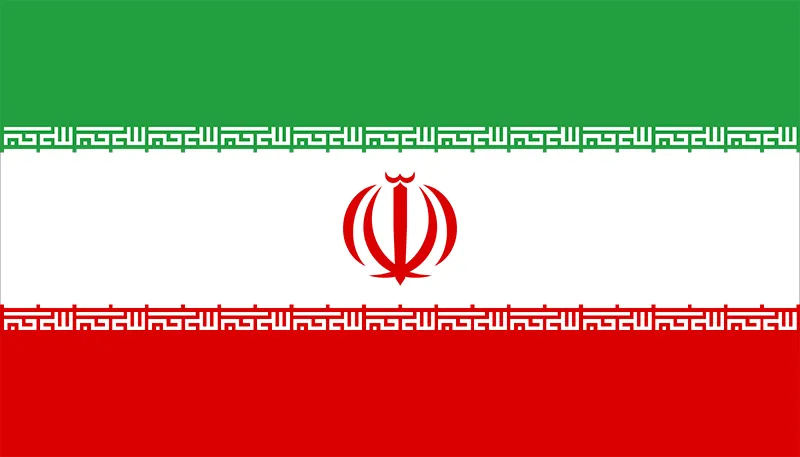Local officials have hinted at the use of artificial intelligence or camera footage to impose financial penalties on those who violate the hijab rules. Those who violate the hijab rules already receive warnings and fines, and if they continue to do so, their vehicles will be impounded.
The Iranian prosecutor general has suggested that Iran has suspended its morality police as the country continues to struggle with two months of protests.
An element of Iran’s morality police killed 22-year-old Mahsa Amini after she was arrested for not adhering to the country’s compulsory dress code for women.
Iranian officials used the term “hybrid war” to describe foreign influence in the recent riots, according to local media. Prosecutor general Mohammad Jafar Montazeri reportedly said Saturday that the morality police operations are over.
According to reports, he said the morality police has been shut down and that its connection to the judiciary has been severed.
There were no other confirmations that the work of patrolling units – officially responsible for ensuring “moral security” in society – has been terminated. In other words, the morality police have not been permanently abolished.
Furthermore, the law imposing a mandatory dress code was not indicated as being subject to termination.
However, the white and green vans of the force, which were sent out to tell people on the streets to fix their headscarves or take them to so-called “re-education” centers if necessary, have not recently been seen in Tehran or other cities.
Footage released by authorities appeared to show Amini suffering a stroke at one of those centers. She died after being in a coma for three days at a nearby hospital.
Amini’s death has sparked protests across the country, where women have been at the forefront. Women have also burned their head coverings and chopped off their hair to show sympathy and solidarity, and “woman, life, freedom” has become a favorite slogan of demonstrators.
Iran has claimed that the United States, Israel, European countries, and Saudi Arabia are behind the ongoing turmoil, using Amini’s death as an ‘excuse’ to target the Islamic Republic and its foundations.
Since the country’s 1979 Islamic revolution, the hijab has been a crucial issue for Iranian authorities, who have maintained their stance on it.
However, they have recently indicated that they may alter the approach to implementing the mandatory dress codes without providing specifics.
Officials in the local area have hinted at using artificial intelligence or camera footage to impose financial penalties on those who violate the hijab rules. Drivers who violate the hijab rules are already fined and receive warnings, and their vehicles may be impounded if they commit repeat violations.



















